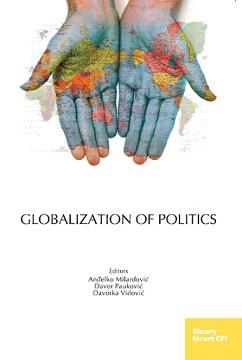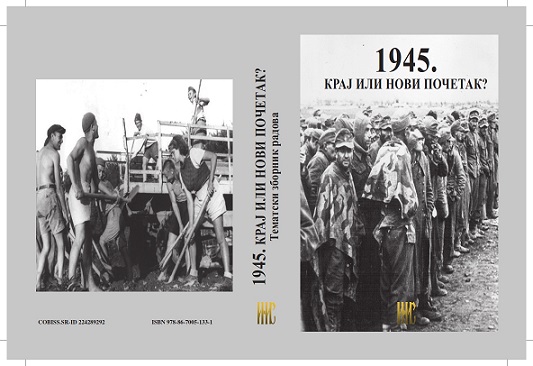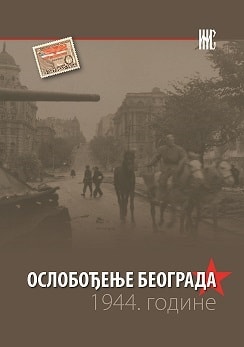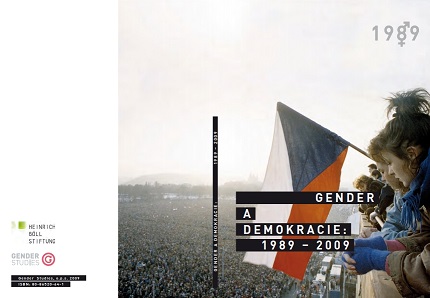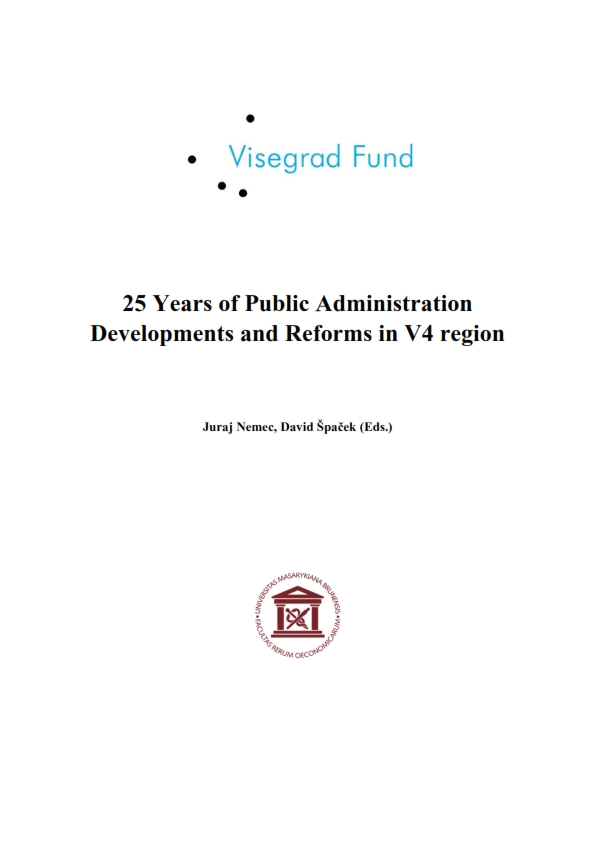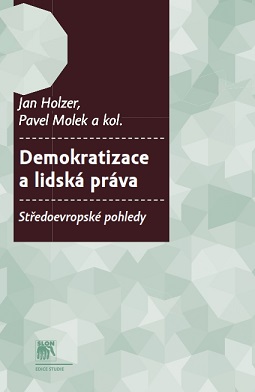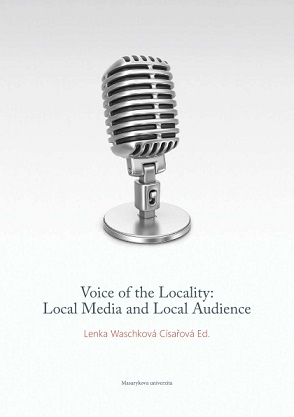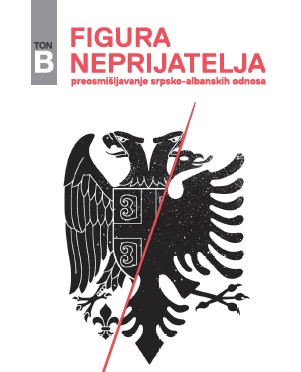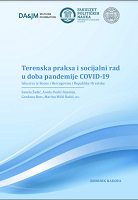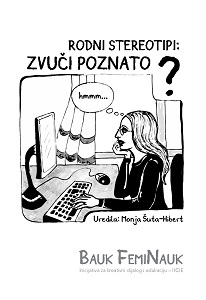Author(s): Nataša Milićević / Language(s): Serbian
Publication Year: 0
The Serbian bourgeoisie found itself in a particular social and political situation in 1944–1945. Apart from the victory of the People’s Liberation Movement in the liberation and civil war and the take-over by the Communist Party of Yugoslavia, it was determined by the division into two worlds, East and West, socialism and capitalism. The Serbian bourgeoisie, like that in other East European countries, found itself between those two worlds. On the one hand, according to the basic ideological values it espoused, it was turned westwards, whereas, on the other hand, geographically and politically it found itself in the area in which the new political and social forces headed by the Communist Party of Yugoslavia strove to establish the values which canceled the very basis of the existence of the bourgeoisie. Particular attention was devoted to democracy, as one of the great ideas of the Serbian bourgeoisie. In meeting and clashing with the revolutionary forces it was defeated and virtually “disappeared”, together with the bourgeoisie as political and social class. After difficult crucible with it met during the previous decades – for instance crucible connected with the fulfillment of the national ideal, i.e. the creation of a democratic state in which all Serbs would live, or temptations occurring within the multiethnic state, or those, particularly hard, created by wars, particularly WWII - the Serbian bourgeoisie was weak, divided, without the aid of a strong monarchy, army and support of the Western democratic powers in that historical moment to defend and save the achievement in which it invested political, economic and intellectual capacity and innumerable human losses. The older generation of the Serbian bourgeoisie which had experienced democratic political life was biologically, politically and in every way tired and spent. It couldn’t understand the new times which demanded changing one’s ideological and political views and opinions, as well as moral values and their adaptation to the new times. Neither did the younger generation of bourgeoisie which was supposed to take over and lead the struggle for democracy have enough strength, unity or capability. It ripened in the years leading to WWII and had no opportunity to realize what the real democratic and parliamentary life looked like. The new times draw them partly into the ranks of the Communist Party in whose ideals they saw beacons for better life and arrangement of social relations.
More...
